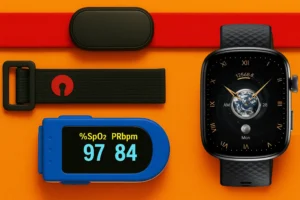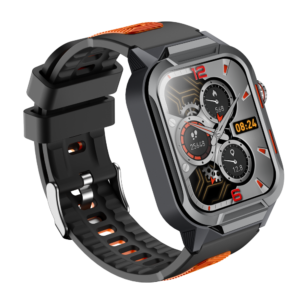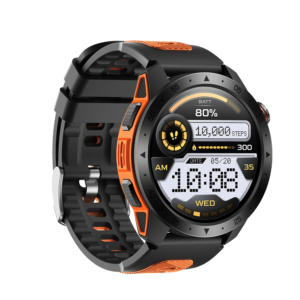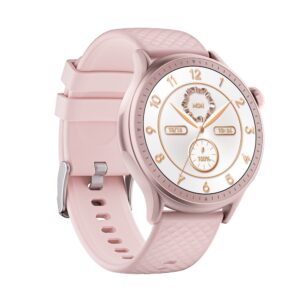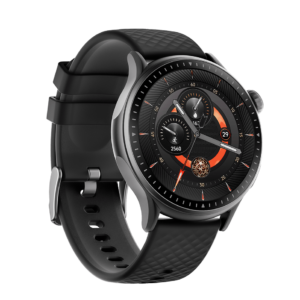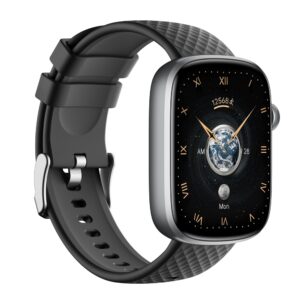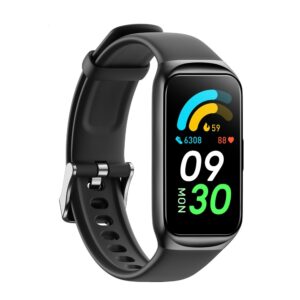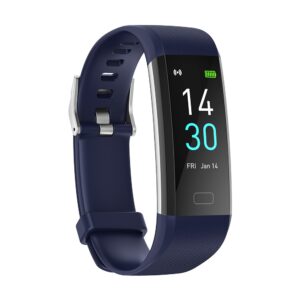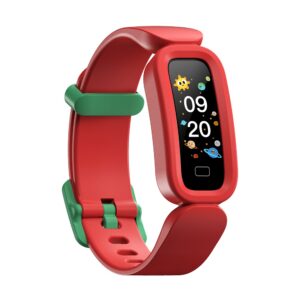In a world where technology is evolving at an unprecedented pace, wristwatches are also undergoing a remarkable transformation. The emergence of smart watches has revolutionized the way we perceive timekeeping and created new opportunities and possibilities for players in the industry. With their sleek designs, diverse watch faces, and multiple smart functions, smartwatches have become more than just timekeeping devices; they have become extensions of our digital lives.
For merchants and manufacturers of classic watches, it is crucial to understand the appeal and market demand of smartwatches. By understanding the differences between these two types of timekeeping devices and recognizing the changing consumer preferences, businesses can stay competitive and thrive in this dynamic landscape. Collaboration between traditional watchmakers and smart wearable tech companies, like Starmax, has led to innovative designs that merge the elegance of traditional watchmaking with the cutting-edge technology of smartwatches.
In this post, we’ll help you explore the differences between classic watches and smartwatches, uncovering valuable insights and opportunities along the way.
What is a Classic Watch vs. a Smartwatch?
Watches have been around for centuries and have evolved from mechanical to electronic to digital devices. They are fascinating devices that not only serve the purpose of timekeeping but often offer additional functions such as displaying the date, day of the week, or even moon phases. Watches can be worn on the wrist, hung from a chain, or even integrated into other objects, making them versatile and convenient accessories.
Classic Watch: A Lasting Legacy
Classic watches, typically analog watches, can be divided into mechanical watches, automatic watches, quartz watches, and solar-powered watches according to their movements. Mechanical watches, the epitome of traditional watchmaking craftsmanship, are treasured by collectors for their exquisite craftsmanship, timeless design, and luxurious charm.
With a rich history spanning centuries, these lasting timepieces hold a special place in the hearts of watch enthusiasts worldwide. They serve as fashion statements and heirlooms, passed down through generations, connecting us to the past. Luxury watches embody the pinnacle of traditional watchmaking, becoming synonymous with heritage and elegance.
Smart Watch: A Versatile Innovation
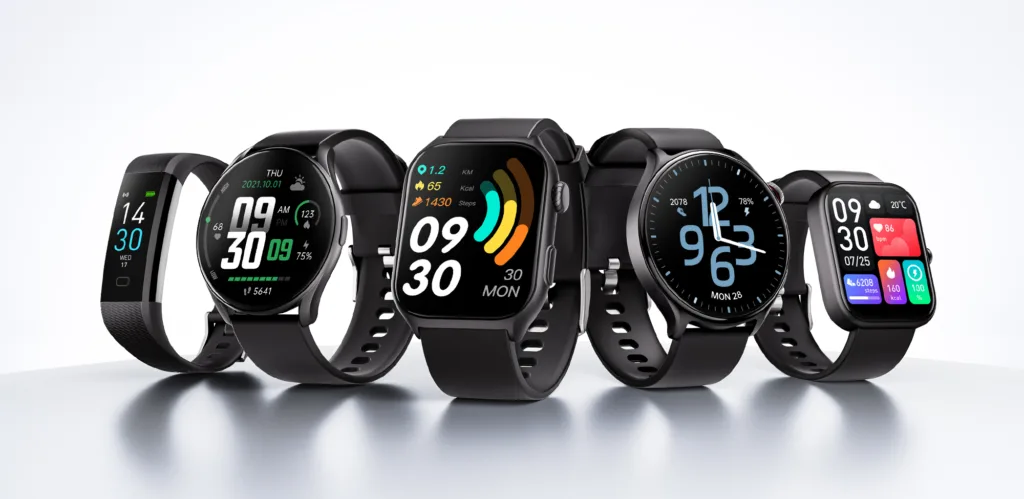
Smartwatches are digital timepieces that seamlessly merge technology with timekeeping. They combine the functionality of traditional watches with advanced technology, offering an array of features that enhance our daily lives. Starmax’s smartwatch products offer seamless connectivity to smartphones through a stable Bluetooth connection, unlocking a range of advanced fitness tracking and comprehensive health monitoring capabilities. In addition to Bluetooth, these smartwatches can also integrate with smartphones using Wi-Fi or cellular networks, providing convenient connectivity directly on our wrists. With multiple connectivity options available, users can effortlessly sync their smartwatches or smart bands with their smartphones, ensuring a smooth and uninterrupted experience.
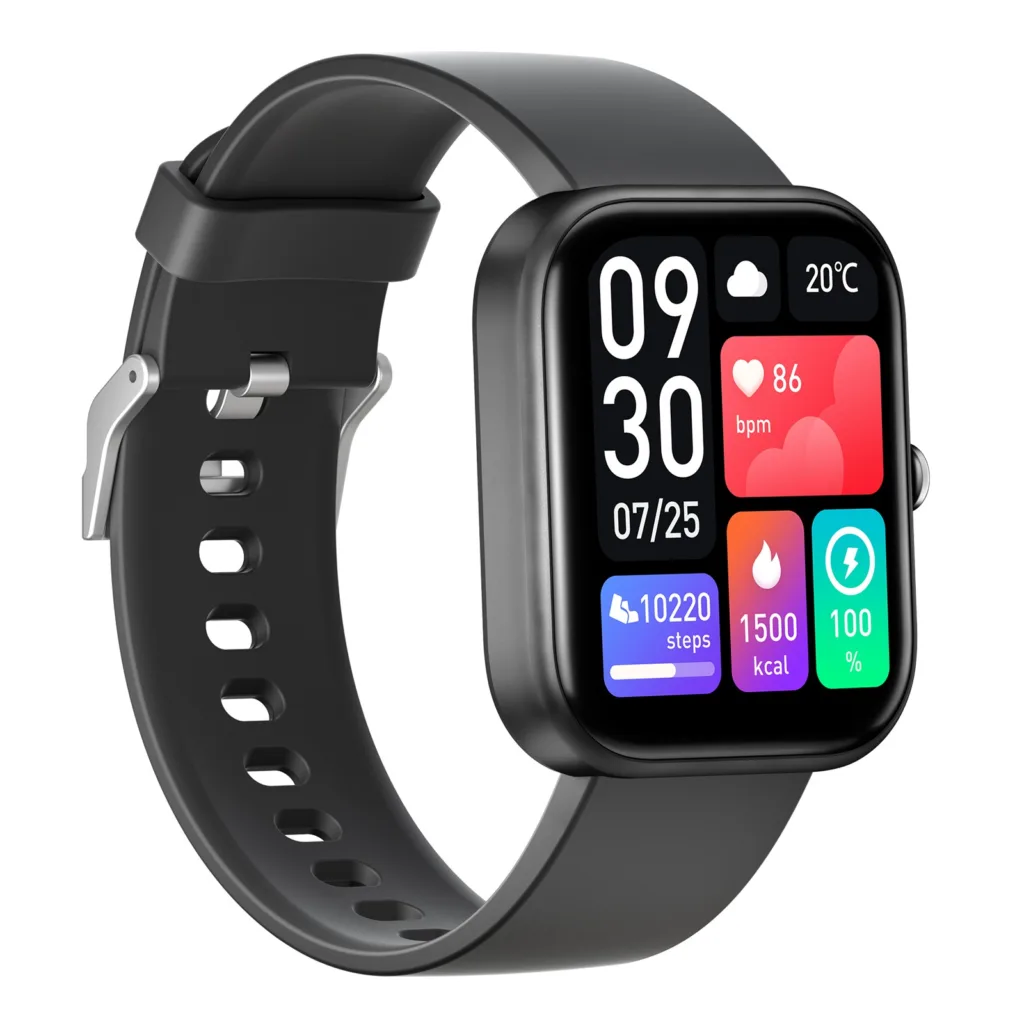
These versatile devices can handle various tasks, including making and receiving calls, sending messages, accessing apps, tracking fitness and health, playing music, and even making mobile payments. Starmax’s GTS5 Smart Watch is no exception, offering features such as call management, message and app notifications, fitness and health tracking, and music playback. Smartwatches have surged in popularity today, seamlessly integrating into our fast-paced lives, empowering wearers to stay connected, monitor their health, and enhance productivity.
Key Differences Between Classic Watches and Smart Watches
Classic watches and smartwatches have different features, benefits, and limitations. In this section, we will conduct a comprehensive comparison of these two timekeeping devices, including functionality, aesthetics, durability, cost, and more. By understanding the unique characteristics of these two wristwatches, classic watch makers can effectively cater to customer preferences and navigate the evolving market.
| Features | Classic Watches | Smart Watches |
| Movements | Mechanical, Automatic, Quartz, Solar-powered Movements | Quartz or Electronic Movements, powered by batteries |
| Appearance Designs | Exquisite design featuring premium materials | Modern, minimalist, tech-savvy look |
| Main Features | Timekeeping | Timekeeping + additional features |
| Additional Features | Limited additional functions, may include displaying the date, day of the week, or moon phases | Fitness tracking, health monitoring, voice assistants, app integration, Bluetooth calls, cellular calls, smart home integration, notifications, etc. |
| Connectivity | – | Sync with smartphones via WiFi, Bluetooth, Cellular network, etc. |
| Notifications | – | Receive notifications, calls, and messages on the wrist |
| Battery Life | – | Requires regular charging |
| Lifespan | Built to last, the mechanical movements remain unaffected by technological changes | Shorter lifespan, fast product update, usually waterproof and dustproof, relies on battery |
| Cost | Wide cost range, luxury watches are often considered investments | Initially less expensive, may not retain value |
* Please note that the chart provides a simplified overview, and specific features and functionalities may vary among different models and brands of traditional watches and smartwatches.
The Profit Potential of Smartwatches for Classic Watch Merchants

Smart watches hold huge profit potential for classic watch merchants, bringing opportunities for market growth and innovation. By embracing smartwatches, classic watch sellers and makers can expand their customer base, diversify products, and increase brand recognition. Integrating smartwatches enables new revenue streams, attracts tech-savvy customers, and leverages existing brand reputation and distribution networks. Here are the possible opportunities for classic watch merchants today:
- Revenue Growth: By capitalizing on the growing demand for smartwatches, merchants can drive revenue growth and increase profitability through the sale of both traditional and smart timepieces.
- Expand Customer Base: Adopting smartwatch features to attract a new market segment of tech-savvy customers, expanding the customer base and reaching a broader audience.
- New Retail Channels: Smartwatches allow merchants to explore online platforms, e-commerce websites, and partnerships with technology retailers, expanding their reach and accessing new distribution channels.
- Enrich Product Lines: By integrating smartwatches with traditional timepieces, merchants can expand their product range, appeal to diverse customer preferences, and boost sales potential.
- Stay Competitive in the Digital Era: Embracing smartwatches ensures that traditional watch merchants stay relevant in a technology-driven world, attracting younger consumers and maintaining a competitive edge.
- Offer Customization: Provide customization options for both traditional and smartwatches, such as interchangeable straps, personalized engravings, or unique watch face designs. By partnering with reputable OEM smartwatch manufacturers like Starmax, traditional watch sellers can differentiate themselves in the market by offering unique and personalized watches.
- Collaboration Opportunities: Embracing smartwatches opens doors for collaborations with smartwatch manufacturers and software developers, fostering innovation and growth in the industry.
- Improve Customer Engagement: Smartwatches offer advanced features such as fitness tracking, health monitoring, and personalized notifications, enhancing customer satisfaction and fostering loyalty through a personalized and immersive experience.
By adapting to the changing landscape of timekeeping technology, traditional watch makers can stay relevant and remain competitive in the digital era.
Conclusion
In the ever-evolving landscape of timekeeping, the emergence of smartwatches has redefined the traditional watch industry, offering an opportunity for customer growth and product diversification. While they possess distinct characteristics, they can coexist and complement each other in the market. Embracing innovation and adaptation unlocks profit potential, merging craftsmanship with technology to cater to different customer segments.

If you are interested in selling smartwatches, you can visit our website for more information and guidance. We offer a wide selection of smartwatch and fitness tracker models, including OEM services for logo engraving, APP development, custom packaging, and watch faces personalization. Whether you want to create your own branded smartwatches or customize existing models, our expert team can provide professional advice and support throughout the process.





